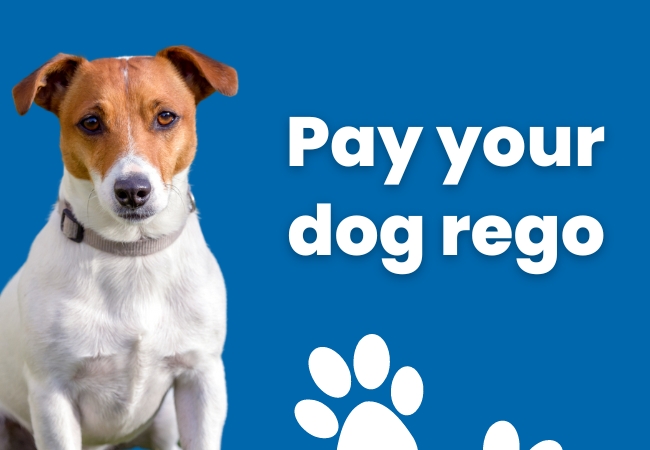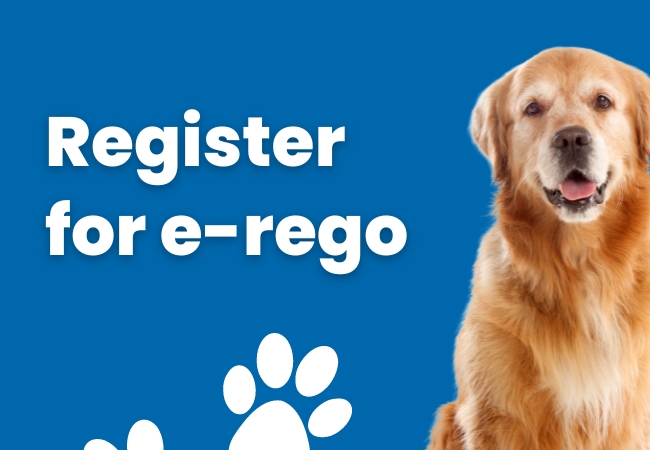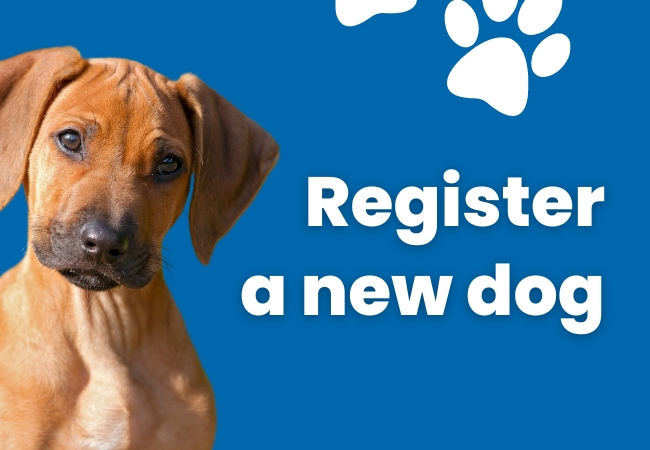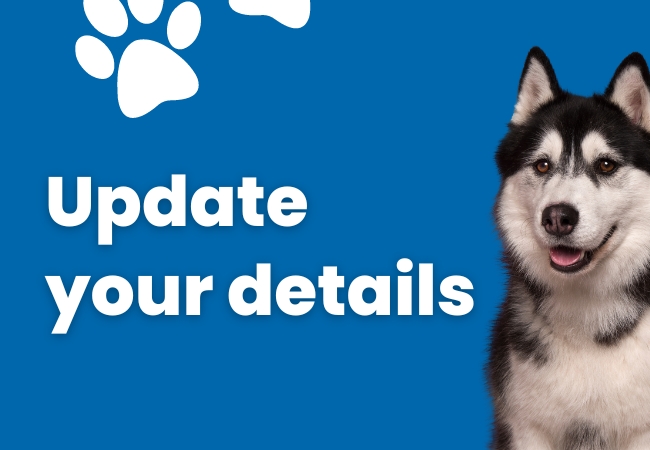All dogs must be registered within the Bundaberg Region from 12 weeks of age.
Did you know if you microchip and desex your dog you will receive a reduced registration fee?
To receive the reduced rates, complete the form HERE to update your dog's details with proof of being desexed and/or microchipped.
To pay your dog registration online, register your dog, amend an existing registration, change ownership of your dog or to renew a lapsed dog registration please follow the links below.




Frequently asked questions
Why do I need to register my dog?
The Queensland Government has introduced new legislation throughout Queensland to make registration of all dogs compulsory. Compulsory registration of dogs aims to:
- Promote responsible pet ownership throughout the community
- Provide for responsible animal ownership programs
- Reduce the number of unwanted dogs at animal shelters
- Enable dogs to be identified and reunited with their owners
- Provide safety and security for your dog, you and the community
When should I register my dog?
Under the Animal Management (Cats & Dogs) Act 2008 dog owners must register their dog once it reaches 12 weeks of age and within 14 days of acquiring a new dog and within 14 days of moving to the Bundaberg region.
How do I register my dog?
To register your dog with Council, please complete the online application form. You may need to have ready a digital copy of the dog's desexing certificate and your dog's microchip number.
How much will it cost to register my dog?
Council offers discounted rates for dog registration if any of the following applies:
- The dog is desexed, or
- The owner holds a pension concession, or
- The dog is an assistance dog, or
- The dog is categorised as a working dog under the Animal Management (Cats & Dog) Act 2008
Refer to Council Fees and Charges to find out how much it will cost.
Council's Schedule Fees and Charges
When is registration due?
The animal registration period for dogs is 1 September to 31 August. Once registered you will receive your registration renewal notice in July.
How will my dog be identified as registered?
A tag will be provided when you register or re-register your dog. On the tag is a unique number that will identify you as the owner and assist Council officers should they need to locate the owner of a tagged animal. Personal details are not shown on the tag.
If your dog is microchipped, the microchip number should be provided to Council as an additional means of identifying your dog. All dogs are scanned for a chip upon arrival at Council’s pound and any relevant information relating to any injury or the location where the animal was found are recorded.
My dog is a working dog, does that affect my registration?
Under the Animal Management (Cats & Dogs) Act 2008, a working dog is a dog usually kept or proposed to be kept:
- On rural land; and
- By an owner who is a primary producer, or a person engaged or employed by a primary producer; and
- Primarily for the purpose of droving, protecting, tending or working of stock.
Please complete the online application form to register your animal, this form includes the application to register a working dog.
How many dogs am I allowed on my property?
Residents are allowed to keep a maximum of two dogs on an allotment with an area less than 40,000m2 or a maximum of one dog on premises which are multi-residential premises.
Application can be made for an additional third dog where extenuating circumstances exist.
To apply complete the online application form, which includes the application to keep more than the maximum number of animals. Please note, application fees apply.
Do I need to microchip my dog?
Unless exempt under the Animal Management (Cats and Dogs) Act 2008 the Act requires all owners microchip their cat or dog before it is 12 weeks old.
Do I need to desex my dog?
Desexing is not compulsory unless the animal is a regulated dog. However, owners are encouraged to have their dogs desexed to assist in reducing the large number of unwanted dogs which are euthanised each year.